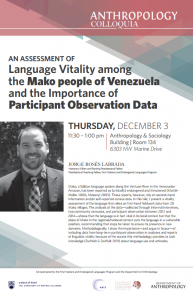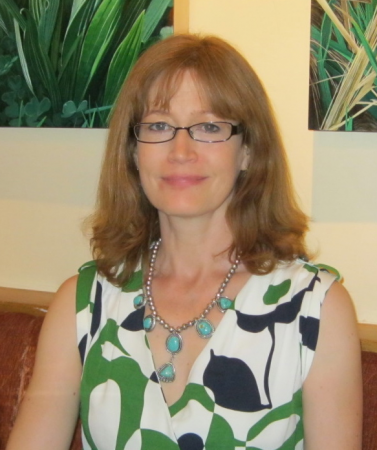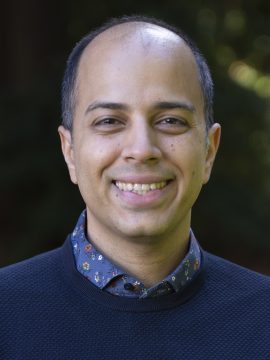Anthropology Colloquium is the department’s speaker series that invites a mixture of anthropologists from within and outside of UBC to present their research. This speaker series is scheduled throughout the academic year, typically with a lunch reception in the AnSo Lounge.
An Assessment of Language Vitality among the Mako people of Venezuela and the Importance of Participant Observation Data
Thursday, December 3 2015
Anthropology and Sociology Building (ANSO) 134
11:30am-1pm
Event Poster: PDF
Dr. Jorge Rosés Labrada
Honorary Killam and Banting Postdoctoral Fellow
Postdoctoral Teaching Fellow, First Nations and Endangered Languages Program
Abstract
Mako [ISO 639-3: wpc], a Sáliban language spoken along the Ventuari River in the Venezuelan Amazon, has been variably reported as (critically) endangered and threatened (see for example Mattéi-Müller (2006) and Mosonyi (2003)). These reports, however, are based on second-hand information and/or self-reported census data. In this talk, I present a vitality assessment of the language that relies on first-hand fieldwork data from 20 Mako villages in the Middle Ventuari River area. The analysis of the data—collected through personal and group informal interviews, two community censuses, and participant observation between 2012 and 2014—shows that the situation is not as dire as previously reported and that the language is in fact very vital in its local context. I also show that the place of Mako in the regional and national contexts puts the language in a vulnerable position and that steps should be taken to ensure its presence in new domains of use such as the schools, the government and the media. Methodologically, I show the importance—and argue in favour—of including data from long-term participant observation in analyses and reports of linguistic vitality because of the access this methodology provides to tacit knowledge (see DeWalt & DeWalt (2011)) about language use and attitudes. This work thus not only contributes to our understanding of language vitality among the Mako communities but to discussions of best practices in language vitality assessment.
Co-sponsored by the First Nations and Endangered Languages Program and the Department of Anthropology



